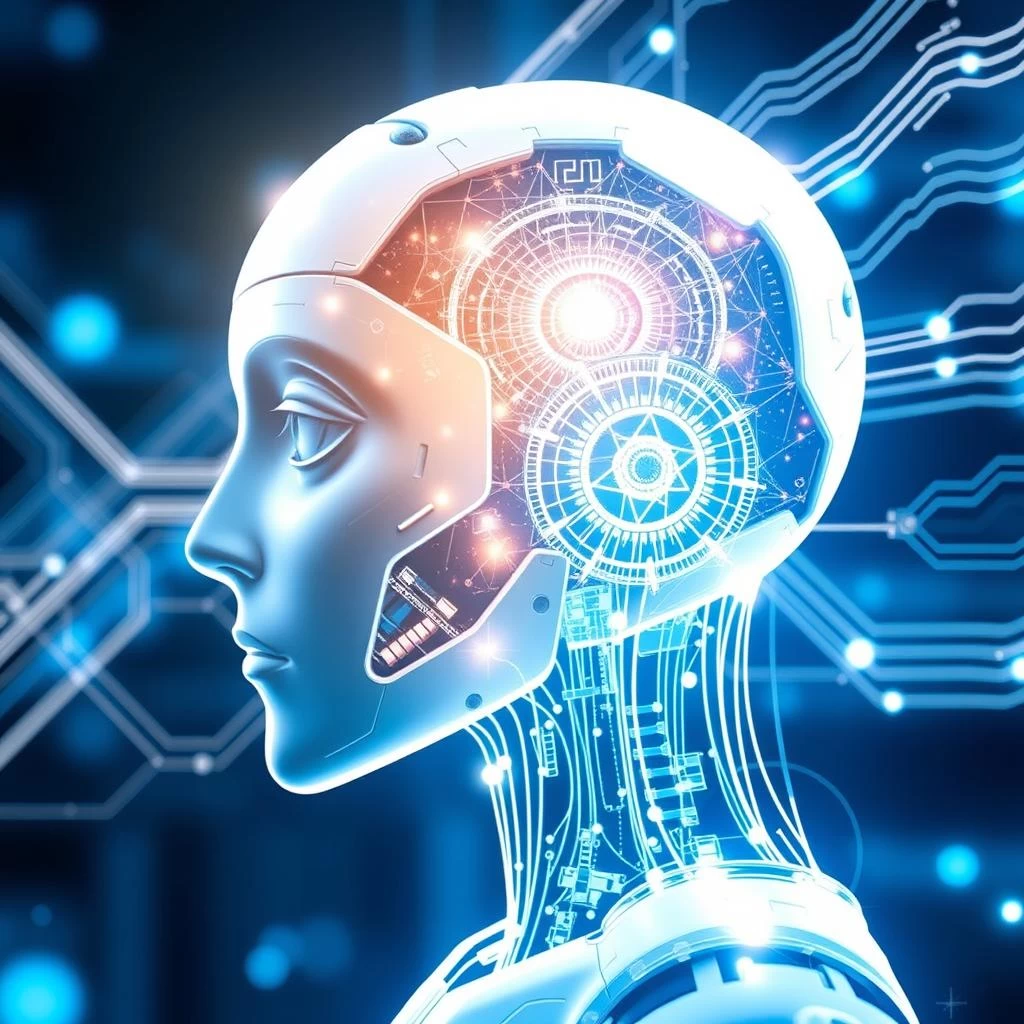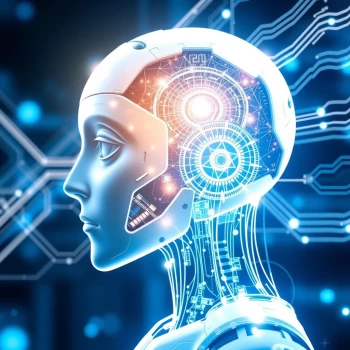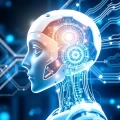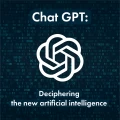The Future is Now: 10 Breakthroughs in Artificial Intelligence You Need to Know
Artificial Intelligence (AI) has rapidly transformed from a theoretical concept into a driving force across various industries. Its advancements have reshaped how we work, communicate, and live. Here are ten groundbreaking breakthroughs in AI that are defining our future and you need to be aware of:
1. Natural Language Processing (NLP)
NLP is at the forefront of AI breakthroughs, enabling machines to understand, interpret, and generate human language. Technologies like chatbots and virtual assistants (think Amazon's Alexa and Apple's Siri) leverage NLP to provide intuitive communication tools. The latest advancements in NLP models, such as OpenAI's GPT-3, demonstrate remarkable capabilities in generating coherent and contextually relevant text.
2. Computer Vision
Computer vision technology enables machines to interpret and make decisions based on visual data. From facial recognition systems to autonomous vehicles, breakthroughs in computer vision are enabling machines to perceive and understand the world like humans. Recent strides include the use of AI in medical imaging to diagnose diseases and the application of object detection technologies in security and surveillance.
3. Reinforcement Learning
Reinforcement learning involves training algorithms through a system of rewards and penalties, allowing them to learn optimal behaviors in complex environments. This approach has revolutionized fields such as robotics, where AI can learn to perform intricate tasks, and game development, illustrated by successes like DeepMind's AlphaGo, which defeated world champions at Go.
4. AI in Healthcare
AI's integration into healthcare is opening new frontiers in patient diagnosis and treatment. Breakthroughs in predictive analytics enable healthcare providers to identify patients at risk for serious conditions sooner. AI algorithms are now being used to analyze vast amounts of medical data to streamline drug discovery processes and personalize patient care plans.
5. Autonomous Vehicles
The development of self-driving cars is one of the most talked-about applications of AI. Companies like Tesla, Waymo, and Uber are researching and implementing AI algorithms that help vehicles navigate through complex environments, recognize obstacles, and make driving decisions in real time. Regulatory frameworks and technological advancements will likely shape the future of transportation in this realm.
6. Generative Adversarial Networks (GANs)
GANs are a revolutionary approach to AI that creates new data from existing datasets by training two neural networks against each other. This technology has spawned innovations in deepfake videos and image generation, as well as applications in creating art and enhancing video games. The potential for creativity and generative tasks has vast implications across industries.
7. AI and Quantum Computing
The intersection of AI and quantum computing is poised to unleash staggering computational power. Quantum algorithms can process information at unprecedented speeds, enhancing machine learning and data analysis. Breakthroughs in this space could lead to rapid advancements in problem-solving capabilities across fields ranging from cryptography to material science.
## 8. AI Ethics and Fairness
As AI technologies proliferate, addressing ethical considerations has become paramount. Researchers are making substantial progress in developing frameworks to ensure that AI algorithms are fair, transparent, and accountable. Initiatives focusing on algorithmic bias and fairness are rising, with organizations actively working to create standards that govern AI usage and promote ethical AI solutions.
9. AI in Creative Industries
AI is making significant inroads into creative fields, assisting artists, musicians, and writers in their creative processes. Tools powered by AI can analyze existing works and generate new content, inspiring creativity and innovation. This collaboration between human creativity and AI assistance offers exciting prospects for future creative endeavors.
10. AI for Climate Change Mitigation
AI technologies are increasingly being utilized to combat climate change by optimizing energy use, predicting extreme weather events, and improving recycling processes. Data-driven insights from AI can help organizations and governments develop more effective strategies in sustainability and environmental conservation.
In conclusion, AI is experiencing rapid and profound advancements that are changing the world. From healthcare to creative industries, the implications of these breakthroughs benefit society in numerous ways. As these technologies evolve, it is crucial to stay informed and engaged with the future they promise to create. Embracing AI may not just be an opportunity for advancement; it could be a necessity for thriving in an increasingly digital landscape.







